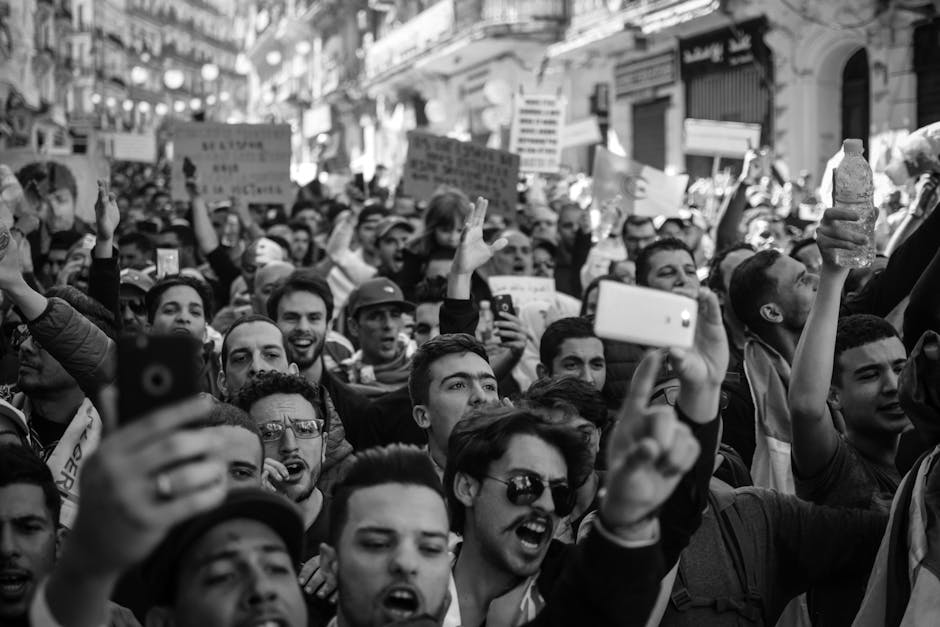


 Algeria
Algeria
Algeria is a fascinating travel destination, offering a unique blend of culture, history, and natural beauty. From the bustling cities of Algiers and Oran to the stunning Sahara Desert, Algeria has something for everyone. The country is home to some of the most beautiful beaches in North Africa, as well as ancient ruins and archaeological sites. Visitors can explore the vibrant markets of Algiers or take a camel ride through the desert. With its diverse landscapes, rich culture, and friendly people, Algeria is an ideal destination for travelers looking for an unforgettable experience.
Activities: Hiking, Camping, Safari
Landscapes: Beaches, Forests, Woodlands, Mountains, Deserts, Canyons, Caves
Topics: Nature, Wildlife, Food, History, Festivals, Adventure
Is Algeria expensive?
Algeria currency
د.جAlgerian dinar (DZD)
Weather in Algeria
The weather in Algeria is generally hot and dry, with temperatures ranging from mild to hot depending on the season. In the summer months, temperatures can reach up to 40°C (104°F) in the desert regions, while in the winter months temperatures can drop to as low as 0°C (32°F). Rainfall is scarce throughout the year, with most of it occurring during the winter months. The coastal areas tend to be more humid than inland areas.
- Yearly temperature range: 5°C - 36°C
- Monthly rainfall range: 4mm - 52mm
- Daily sunshine range: 6h - 12h
Traveling Algeria
Transportation
The most common way to get around Algeria is by car. There are also buses, trains, and taxis available for transportation. Additionally, there are domestic flights available between major cities.
Is Algeria safe?
Crime
The crime rate in Algeria is generally low, but travelers should still exercise caution when traveling in the country. Common crimes include pickpocketing, purse snatching, and theft from vehicles. Violent crime is rare, but it does occur. Travelers should be aware of their surroundings and avoid walking alone at night. It is also important to be aware of scams, such as fake police officers asking for bribes or people offering to exchange money at a better rate than banks.
Travel advisory
3/5Algeria has a current risk level of 3 (out of 5). We advise: Use some caution when travelling Algeria.Last updated: Thu Mar 23 2023
Health
Health Considerations
Travelers to Algeria should be up-to-date on routine vaccinations, including measles-mumps-rubella (MMR) vaccine, diphtheria-tetanus-pertussis vaccine, varicella (chickenpox) vaccine, polio vaccine, and the yearly flu shot. Additionally, travelers should consider getting vaccinated for hepatitis A and typhoid. Malaria is present in some areas of Algeria, so travelers should take precautions to prevent mosquito bites and consider taking antimalarial medication.
Food and Water Safety
Tap water in Algeria is not safe to drink. Travelers should only drink bottled water or boiled and filtered water. Food safety is also a concern in Algeria; travelers should only eat food that has been cooked and served hot, avoid raw fruits and vegetables unless they can be peeled, and avoid unpasteurized dairy products.
Algeria customs and etiquette
Be Respectful
Be mindful of local customs and traditions, dress modestly, and avoid public displays of affection.
Be Courteous
Greet people with a handshake and use polite language when speaking to locals.
Be Aware of Local Laws
Familiarize yourself with the laws of Algeria before traveling, as some activities that are legal in other countries may be illegal in Algeria.
Respect Religious Sites
When visiting religious sites, dress appropriately and be respectful of worshippers.
Avoid Political Discussions
Avoid discussing politics or other sensitive topics with locals, as these can be seen as offensive or disrespectful.
TP
Copyright 2023